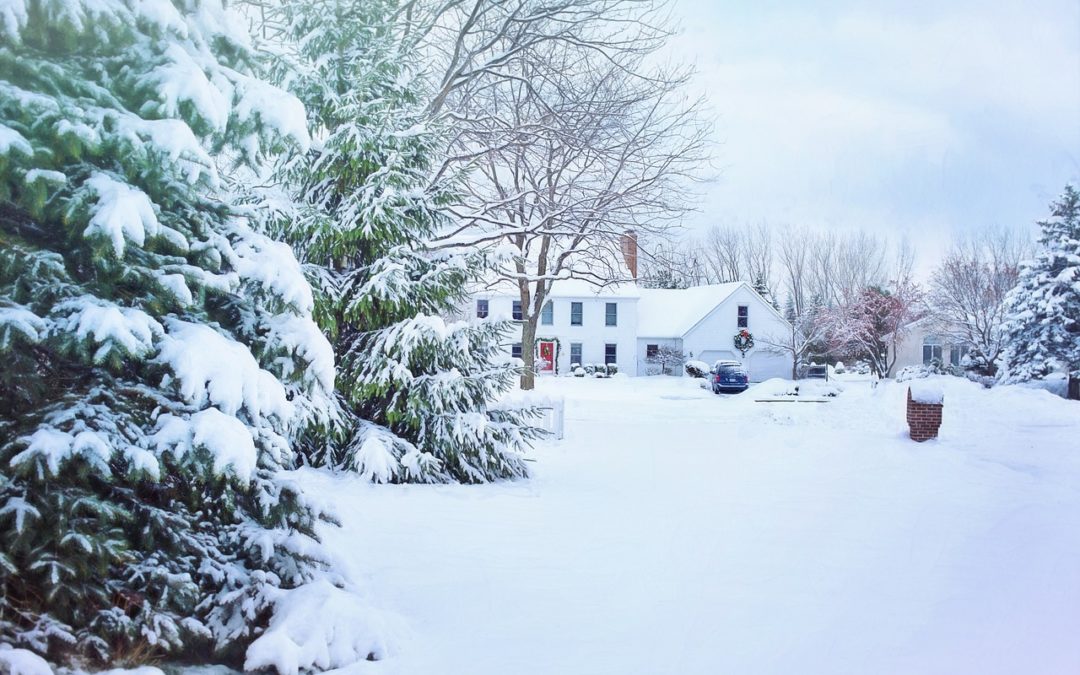Does cold weather affect your well?
In this issue of Tips from the Pros, WelGuard shares valuable information about the cold weather and your well.

Or, If the well is outside during the winter, why doesn’t the water freeze?
Cold conditions generally shorten the lives and usage of mechanical and electrical equipment used outside. This generally includes all of the dozens of man made parts that make up a well. But the answer to the question of cold affecting well performance is no – there is very little affect.
Cold has no apparent negative affect on the equipment and well, in part because the well is sealed/enclosed on the outside. Your well cap and casing serve as a bit of “insulation”, and this stops the cold air and rain from getting into the well, even when it is freezing cold outside.
The lateral pipes too, that carry the water from your well to your house, are below your area’s “frost line” – the imaginary line below which the ground doesn’t freeze. In the Mid Atlantic, the frost line is about 36 inches below ground surface.
Where you live matters
Further to the South, in say North Carolina, the frost lines might range between 6″ and 12″ depending on the local climates. (Check your local building codes for the specific depth of the frost line in your state or town). So keeping your well piping below that line ensures that the water it carries and holds won’t freeze (which also would likely crack/break those pipes).
But more importantly, and most surprisingly, the ground water supplied to and held by your well generally stays at approximately 55 degrees, year round, regardless of whether it’s 100 degrees or 0 degrees outside.
This keeps most of the equipment (which is submersed in the water) at a constant and suitable temperature, for which it is built. As a side note, it was the discovery that groundwater stays at a constant temperature of 55 degrees that gave birth to the concept of geothermal energy, now used by geothermal systems to generate warmer air in homes during the winter, and cooler air in homes in the summer.
Well Drillers
Well drillers use water wells to “tap into” the earth to extract and use this element (water) to offset more normal heating and cooling fuels. But as we all know, drilling wells is very expensive.
So make sure your well is sealed properly, determine how deep your lateral pipes are buried, and you should have no problem with equipment failure or other problems even though your weather gets bitter cold. The weather is sometimes harder on us than it is on our well systems!
Ask WelGard anything about your well!! We’re happy to answer, and even happier to help! We provide complete “Peace of Mind”.





Recent Comments